yī
third person pronoun
Phonosemantic compound. 亻 represents the meaning and 尹 represents the sound.
Evolution

Oracle script
(~1250-1000 BC)
Bronze script
Early Western Zhou (~1000 BC)
Seal script
Shuowen (~100 AD)
Clerical script
Eastern Han dynasty (25-220 AD)Regular script
ModernDefinitions
yī
third person pronoun; he, she, this, that; (old) third person singular pronoun ("he" or "she"); second person singular pronoun ("you"); (May 4th period) third person singular feminine pronoun ("she"); (Classical Chinese) introductory particle with no specific meaning; that (preceding a noun)
Yī
Most common words with 伊
Freq. | Word | Meaning |
|---|---|---|
Iraq | ||
Iran | ||
that (preceding a noun) | ||
Elizabeth (person name) | ||
Islam |
Sources
